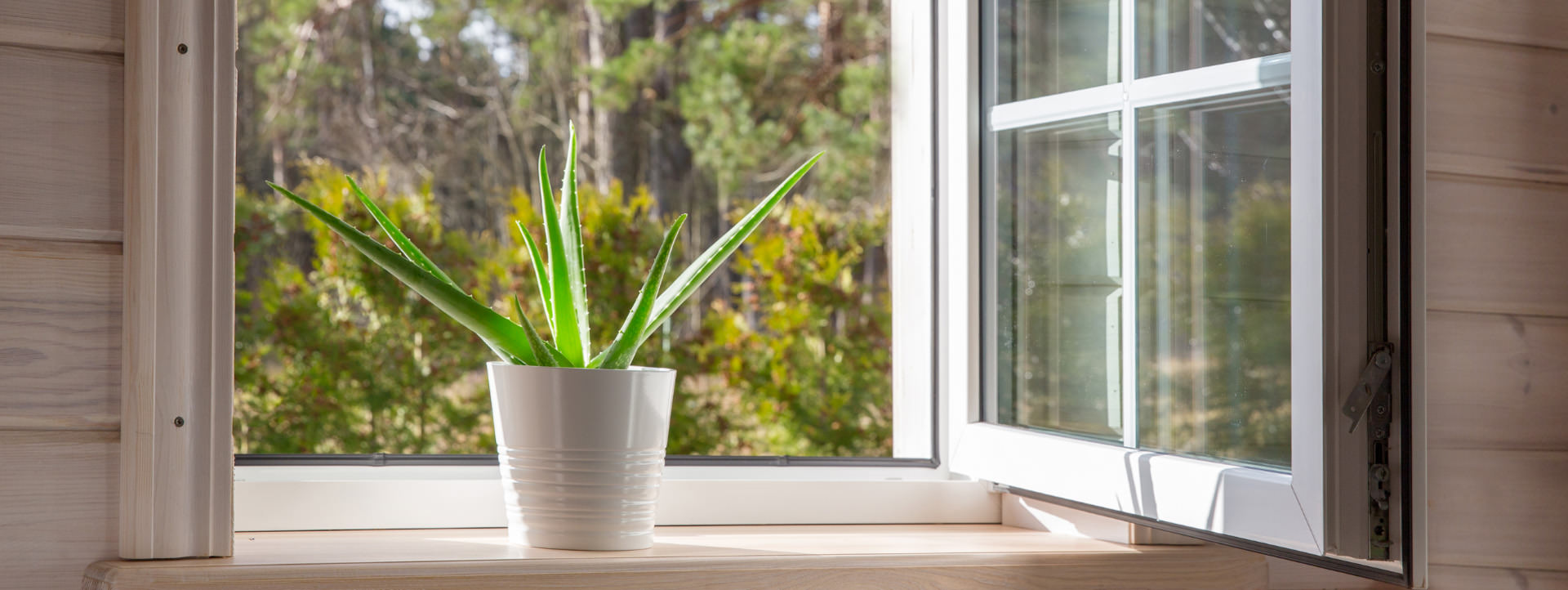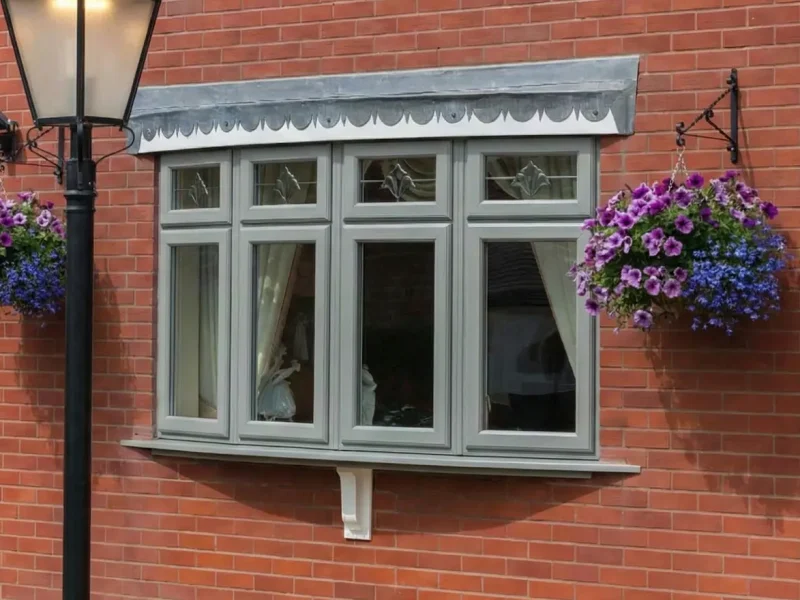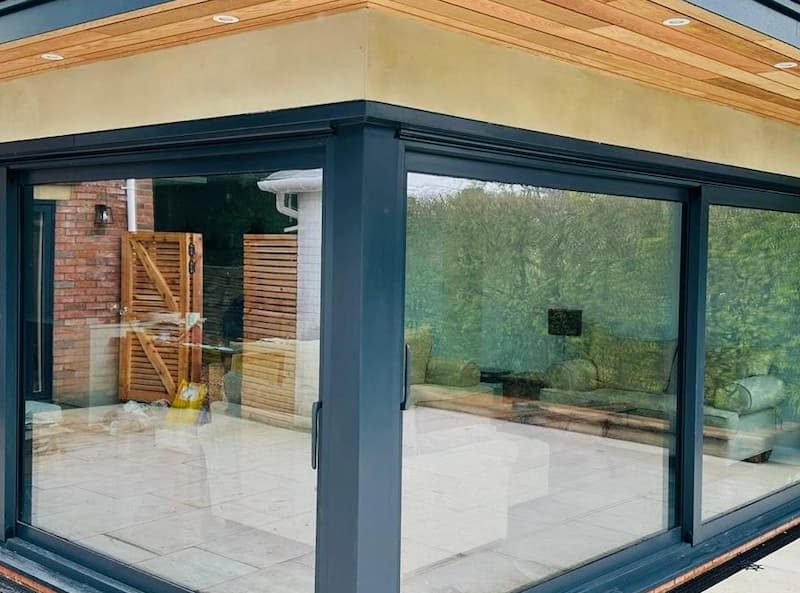
Timber - PVC - Aluminium - Windows, Doors & Conservatories in Hampshire
Selling your home
Selling your home
Statistically spring and early summer are the best times in the UK to sell your home with faster sales and higher prices.
But there’s now also a new factor which could influence how quickly your property and for how much it sells – and that’s its energy efficiency.
Cutting our carbon footprint is now firmly embedded in the consumer psyche. More efficient cars, fewer air miles, locally produced food – it’s delivered a shift in our purchasing habits.
And house hunters are doing the same. Triple and double glazing, rainwater harvesting, ground source heat pumps and solar panels, can tip the balance significantly in your favour.
This is supported by Government research. Official figures suggest that upping the Energy Performance Certificate (EPC) of your home from a Band D to a Band B, can add £16,000 or more to its value, in addition to making it more likely to sell.
What is an Energy Performance Certificate?
An Energy Performance Certificate or EPC ranks the energy performance of your home from A-G. It’s required in law if your selling your home and is designed to give potential buyers an indication of how well it will perform, its running costs and what they’ll need to do to up-grade it.
It’s also worth mentioning that Energy Performance Certificates aren’t just important for homeowners but also landlords too, with new legislation coming into force from the 1st April 2018, which makes it illegal to rent out properties with an F or G-rating.
How can I improve the EPC of my home?
Giving potential buyers an indication of potential running costs or the costs of home improvements is clearly a good thing but EPCs have come in for some criticism, in part because of where they place focus on home improvements.
For example, solar panels and ground or air-source heat pumps may reduce your carbon footprint but most post-war houses in the UK lose most of their heat through roofs, walls and windows, so insulating your home and reducing heat loss is the first port of call.
Will new energy efficient double-glazing improve the EPC of my home?
According to the Energy Saving Trust after energy leaking roof space and walls, windows account for around 20% of the heat lost from your home. It means that if you haven’t already done so, replacing them could pay back dividends in the long run regardless of whether you move or not and at the same time contribute to a significant reduction in the carbon footprint of your home.
The exact savings will be dependent on your property and the windows previously installed but the Energy Saving Trust suggests that Energy efficient windows and doors can cut heat loss by up to 75 per cent.
Because of this, the type of windows in your home are listed as a key indicator in its EPC, including a star rating ranking them from one star to five stars with single or partial double glazing scoring one or two stars and new energy efficient double glazed windows an triple glazing, scoring the maximum five stars.
As an indication, upgrading from single to double or triple-glazed windows can save as much as a £160 a year in an average three-bedroom detached home – a sizeable pull for any prospective home buyer.
It’s also worth noting that if your home isn’t energy efficient the potential savings and cost of installation of upgrades will also be listed in your EPC. Clear ammunition for any prospective buyer looking to shave money off your asking price.
A point worth noting is that this figure is based on current energy prices. According to the site comparison site Money Super Market, duel fuel customers of the Big 6 energy companies were hit by an average increase of 8.4%, last year with annual bills rising by an average of around £97.
And home energy efficiency is becoming more important
After a series of price hikes in energy costs by the big six suppliers in 2017 and the cold snaps early in 2018, it is clear that home energy efficiency is increasingly important to consumers.
As an illustrative example trade body Energy UK said that 660,000 alone switched energy supplier in February 2018 alone. The ‘Beast from the East’ and ‘Beast from the East Two’, if nothing else sharpening the UK householder’s focus on energy performance and consumption.
Analysts suggest further forecast increases in energy and heating costs this year, will make home energy efficiency even more important. This attributed in part to the UK’s worsening relationship with Russia – a key supplier of gas and oil into the European market.
Should I pull out of a house purchase if it has a bad EPC?
The conundrum faced by every prospective house buyer is that there is a trade-off between highly popular period features and energy efficiency. Whether that stops you in your tracks or not is highly subjective.
What we would argue is that even in hard-to-treat period properties with solid walls, new windows can make a significant difference, so there’s still a lot you can do to improve energy performance.
For example we supply a special Heritage Flush Sash PVC-U window from Deceuninck is which offers exceptional sightlines and perfectly replicates traditional timber casement windows. It combines this with a top A+ Window Energy Rating, and exceptional weather performance – all in a low maintenance window.
We also offer the Residence 9 which again replicates a traditional 19th Century window and is ideally suited to period properties, including use in many conservation areas.
Please don’t hesitate to get in touch to find out more by calling 01264 359355 or emailing email [email protected]
- Certified Fire Doors: The Firecore Collection - 15 January 2026
- Premium Hardware for Profile 22 Doors: Ultion Sweet & Fab&Fix - 15 January 2026
- 2026 Design Trends: The 4 Window & Door Styles Defining the Year - 19 December 2025














